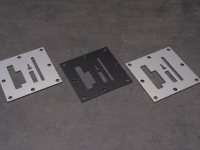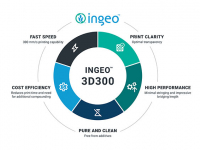June 5, 2023
More and more manufacturers are move high-performance computing workloads to the public cloud. They usually start with an analysis of benefits versus challenges of using cloud resources and a total cost of ownership (TCO) analysis, perform a Proof of Concept (PoC), set up their (hybrid) production environment, and move more and more simulation workloads to the cloud. The TCO analysis starts with the analysis of the company’s current in-house (on-premise) computing environment by summing up all costs and compare this to the cloud TCO.
In this whitepaper, we are presenting guidelines on how to compute the total cost of the in-house computing environment and compare this to the equivalent cloud solution. We illustrate this process with concrete calculations which we have done recently for a manufacturing customer use case. Finally, we analyze a solution for manufacturers who are interested in moving (part of) their computing workload to the cloud, and perform a detailed cost/benefit analysis for different scenarios: in-house versus cloud versus a hybrid in-house/cloud solution, for actual and future user requirements.
In the following, we concentrate on TCO only for the hardware. We don’t consider the additional cost for the application software because of the many different scenarios presented by the Independent Software Vendors (ISVs). Good news is that in the meantime major software vendors offer some kind of software licensing for the cloud, such as Bring Your Own License (BYOL) and Pay Per Use (e.g. credits based).
Download this white paper to learn more.
Latest News










